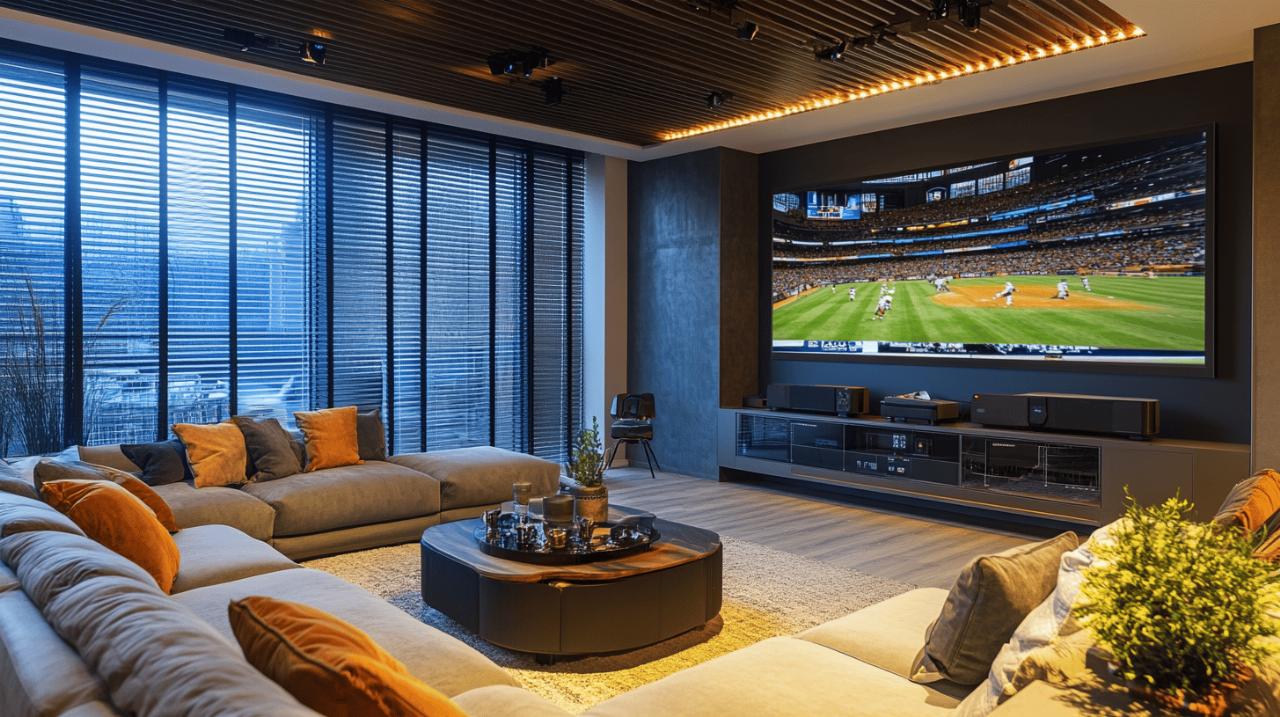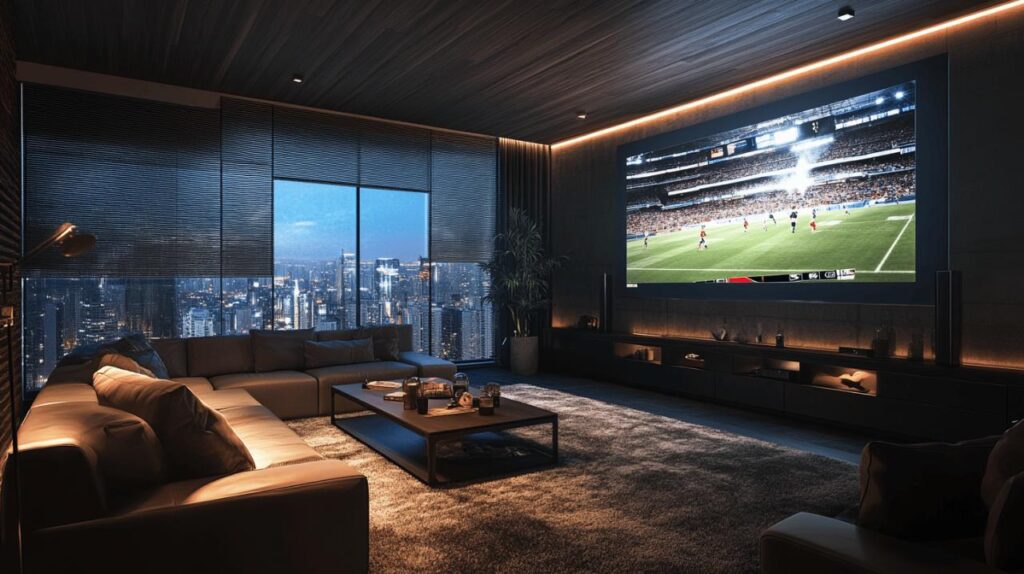Smart home technology continues to revolutionize living spaces across the globe, bringing unprecedented convenience, efficiency, and comfort to modern homes. These innovative systems transform ordinary houses into intuitive environments that respond to our needs and preferences with minimal input.
Latest smart home automation systems
The smart home industry is evolving rapidly, with new automation systems entering the market regularly. These cutting-edge technologies utilize Internet of Things (IoT) connectivity to create seamless interactions between various devices throughout your home, simplifying daily routines while maximizing energy savings.
Voice control integration advances
Voice assistants have made significant strides in natural language processing capabilities, allowing for more intuitive command structures. Current systems from Amazon Alexa, Google Assistant, and Apple Siri now recognize context in conversations and can perform complex action sequences from simple verbal prompts. The technology can interpret nuanced requests across your Monkey Garden studio apartment or sprawling family home with equal efficiency, making accessibility a priority for users of all technical skill levels.
Mobile app connectivity improvements
Smart home management apps have undergone substantial refinements, offering more responsive interfaces and comprehensive device integration. Modern platforms like Samsung SmartThings and Apple HomeKit provide unified control centers for managing everything from smart thermostats to security systems. Recent updates focus on biometric security features to protect access while simplifying the user experience. Wi-Fi connectivity optimizations ensure stable connections even in homes with numerous smart appliances operating simultaneously.
Energy-efficient smart home innovations
 Smart home technology has transformed the way we interact with our living spaces, offering unprecedented control, convenience, and energy efficiency. The Internet of Things (IoT) connects various devices throughout your home, enabling remote management via smartphones or centralized smart hubs. Today's innovative solutions focus specifically on reducing energy consumption while enhancing comfort, making your home both smarter and more sustainable.
Smart home technology has transformed the way we interact with our living spaces, offering unprecedented control, convenience, and energy efficiency. The Internet of Things (IoT) connects various devices throughout your home, enabling remote management via smartphones or centralized smart hubs. Today's innovative solutions focus specifically on reducing energy consumption while enhancing comfort, making your home both smarter and more sustainable.
Intelligent lighting solutions
Modern smart lighting systems represent a significant advancement in home automation technology. Products like Philips Hue and LIFX offer complete control over your home's illumination through Wi-Fi connectivity. These systems allow you to adjust brightness levels, change colors, and create custom lighting scenes for different activities or moods. Motion sensors can automatically activate lights when you enter a room and turn them off when no movement is detected, eliminating wasted energy. Many smart bulbs use LED technology, consuming up to 80% less power than traditional incandescent bulbs while lasting significantly longer. Integration with voice assistants such as Amazon Alexa or Google Assistant enables hands-free control, while scheduling features can synchronize your lighting with natural daylight patterns or your daily routine, optimizing both comfort and energy usage.
Smart thermostats and hvac optimization
Smart thermostats like Nest and Ecobee represent the cutting edge of HVAC optimization in home automation. These devices learn your temperature preferences and daily patterns, automatically adjusting settings to maintain comfort while minimizing energy consumption. Many models incorporate occupancy sensing capabilities, detecting when the home is empty and adjusting temperatures accordingly. Zone-based temperature control allows for heating or cooling specific areas based on actual usage rather than treating the entire home uniformly. Integration with weather forecasting services enables these systems to anticipate temperature changes and optimize HVAC operation proactively. The energy savings from smart thermostats can be substantial—typically 10-15% on heating and cooling costs—while providing detailed usage reports that help identify further opportunities for efficiency. Compatible with most HVAC systems, these devices represent one of the most impactful energy-efficient upgrades for your smart home, offering both environmental benefits and reduced utility bills.

